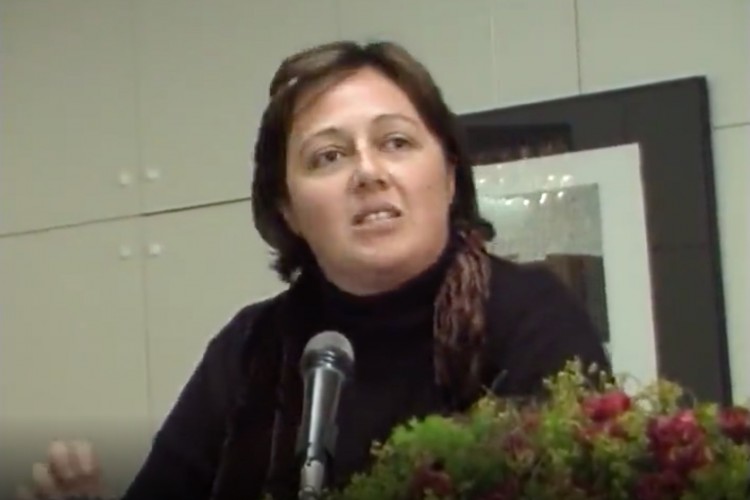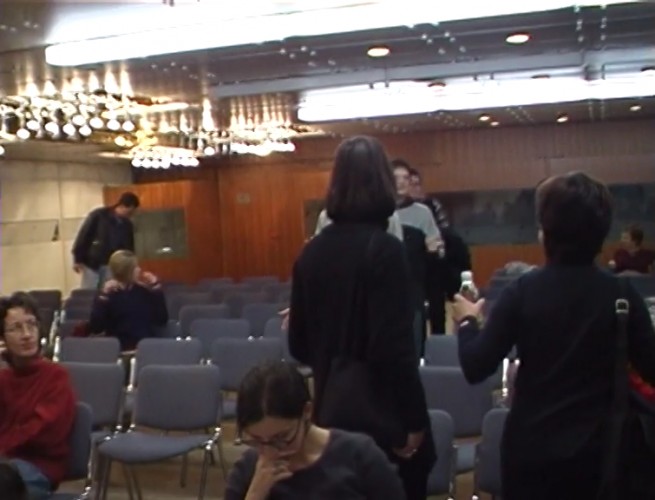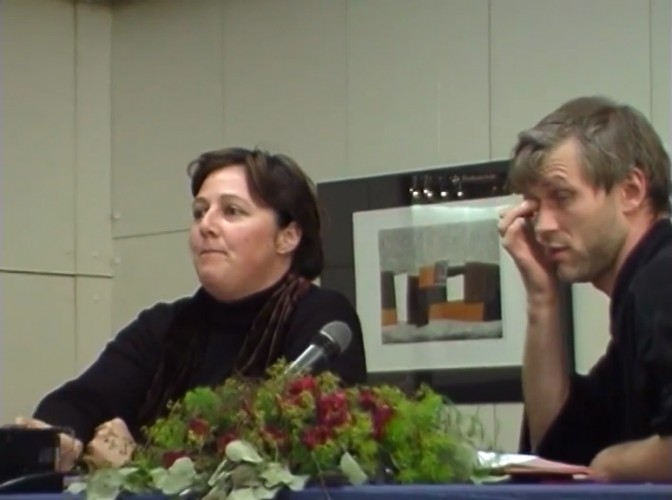Braidotti, who holds Italian and Australian citizenship, was born in Italy and grew up in Australia, where she received a First-Class Honours degree from the Australian National University in Canberra in 1977 and was awarded the University Medal in Philosophy and the University Tillyard prize. Braidotti then moved on to do her doctoral work at the Sorbonne, where she received her degree in philosophy in 1981. She has taught at the University of Utrecht in the Netherlands since 1988, when she was appointed as the founding professor in women's studies. In 1995 she became the founding Director of the Netherlands research school of Women's Studies, a position she held till 2005. Braidotti is a pioneer in European Women's Studies: she founded the inter-university SOCRATES network NOISE and the Thematic Network for Women's Studies ATHENA, which she directed till 2005. She was a Leverhulme Trust Visiting Professor at Birkbeck College in 2005-6; a Jean Monnet professor at the European University Institute in Florence in 2002-3 and a fellow in the school of Social Science at the Institute for Advanced Study in Princeton in 1994. She was founding director of the Centre for the Humanities from 2007 until September 2016. Braidotti is currently Distinguished University Professor at Utrecht University.
Braidotti’s publications have consistently been placed in continental philosophy, at the intersection with social and political theory, cultural politics, gender, feminist theory and ethnicity studies. The core of her interdisciplinary work consists of four interconnected monographs on the constitution of contemporary subjectivity, with special emphasis on the concept of difference within the history of European philosophy and political theory. Braidotti’s philosophical project investigates how to think difference positively, which means moving beyond the dialectics that both opposes it and thus links it by negation to the notion of sameness.




